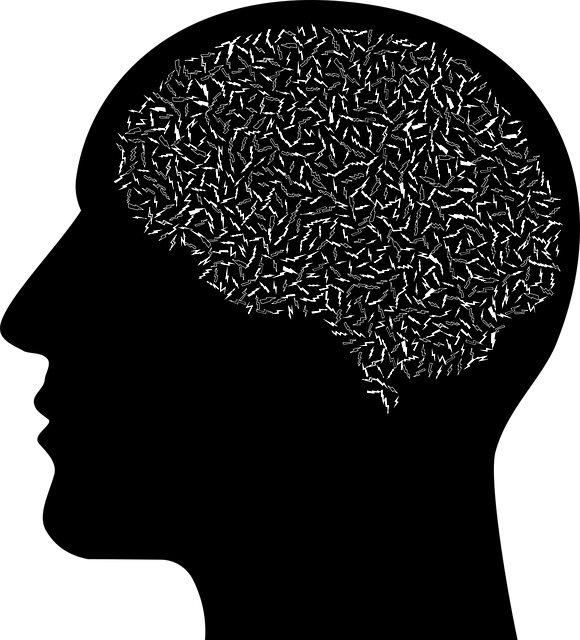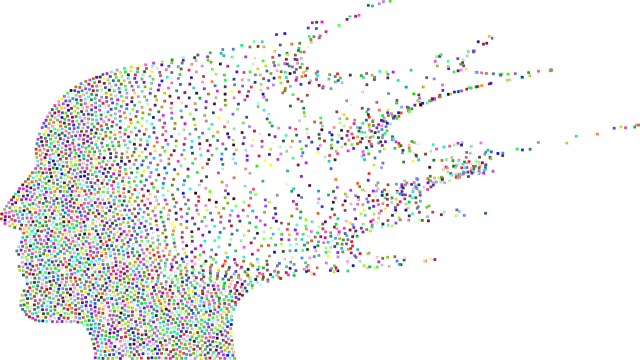Boulder Eating Disorders Therapy (BEDT) prioritizes risk assessment to identify and mitigate dangers like malnutrition and electrolyte imbalances, ensuring a safe, supportive environment. Therapists evaluate physical and emotional risks, tailor treatment plans, and equip clients with coping skills and conflict resolution techniques. This holistic approach integrates mindfulness meditation, self-care practices, Trauma Support services, and personalized confidence-boosting activities for comprehensive harm minimization. BEDT's evidence-based practices and nurturing environment help individuals heal, regain control over food, address underlying causes, and promote healthy coping mechanisms for lasting recovery and improved well-being.
Risk assessment and harm minimization planning are vital components of effective Boulder Eating Disorders Therapy. This comprehensive guide explores key aspects, from understanding risk assessment in eating disorders therapy to identifying potential harms and vulnerabilities. We delve into developing robust minimization plans, emphasizing implementation and continuous review. By integrating these strategies, therapists can enhance patient safety and outcomes in the context of Boulder Eating Disorders Therapy.
- Understanding Risk Assessment in Eating Disorders Therapy
- Identifying Potential Harms and Vulnerabilities
- Developing a Comprehensive Minimization Plan
- Implementation and Continuous Review for Boulder Eating Disorders Therapy
Understanding Risk Assessment in Eating Disorders Therapy

Risk assessment is a crucial aspect of eating disorders therapy, particularly in Boulder Eating Disorders Therapy settings. It involves identifying and evaluating potential hazards and risks associated with an individual’s condition, such as severe malnutrition, electrolyte imbalances, or binge-eating episodes. By thoroughly assessing these risks, therapists can tailor treatment plans to minimize harm and promote recovery. This process often includes developing coping skills, teaching conflict resolution techniques, and implementing strategies to reduce the mental illness stigma, which are all integral parts of comprehensive eating disorders therapy.
In Boulder Eating Disorders Therapy, understanding risk assessment helps professionals create a safe and supportive environment for clients. It enables them to anticipate and manage crises effectively while empowering individuals with tools to navigate their recovery journey. Through regular risk assessments and harm minimization planning, therapists ensure that treatment remains dynamic and responsive to each client’s evolving needs, fostering a positive and inclusive therapeutic experience.
Identifying Potential Harms and Vulnerabilities

Identifying potential harms and vulnerabilities is a crucial step in risk assessment for Boulder eating disorders therapy. Eating disorders, such as anorexia nervosa or bulimia, often stem from complex interplay of psychological, social, and cultural factors. Understanding these underlying causes is key to effective harm minimization. Therapists must consider not only the physical symptoms but also the emotional and mental health aspects that contribute to the development and maintenance of eating disorders. This involves exploring clients’ personal histories, relationships, and coping mechanisms, as well as addressing any existing mental illness stigma reduction efforts.
By integrating mindfulness meditation and self-care practices into therapy, professionals can help clients develop healthier ways of managing stress and emotions. Such interventions not only support the client’s immediate well-being but also foster resilience against potential harm triggers. Through these strategies, therapists aim to create a supportive environment that encourages open discussions about body image, food relationships, and emotional regulation, ultimately paving the way for comprehensive eating disorders therapy in Boulder.
Developing a Comprehensive Minimization Plan

In developing a comprehensive harm minimization plan for Boulder Eating Disorders Therapy, it’s crucial to take a holistic approach that addresses both the root causes and symptoms of eating disorders. This involves not only strategies to prevent further harm but also fostering mental wellness through various therapeutic interventions. Services like Trauma Support can play a pivotal role in this process by helping individuals process past traumas that may underlie eating disorders, offering a robust foundation for recovery.
A well-rounded plan should include tailored strategies for each individual, focusing on confidence-boosting activities and coping mechanisms. Incorporating elements from the Mental Wellness Podcast Series Production can enhance engagement and education, providing accessible resources to support ongoing healing. Through these integrated approaches, Boulder Eating Disorders Therapy can effectively guide individuals towards a path of lasting recovery and improved quality of life.
Implementation and Continuous Review for Boulder Eating Disorders Therapy

Boulder Eating Disorders Therapy emphasizes the critical importance of risk assessment and harm minimization planning as essential components of comprehensive treatment. By understanding the unique risks associated with eating disorders, identifying vulnerable individuals, and developing tailored strategies for mitigation, therapists in Boulder can significantly enhance patient safety and outcomes. Continuous review and adaptation of these plans ensure that every patient receives the highest level of care, addressing both immediate concerns and long-term recovery challenges.














